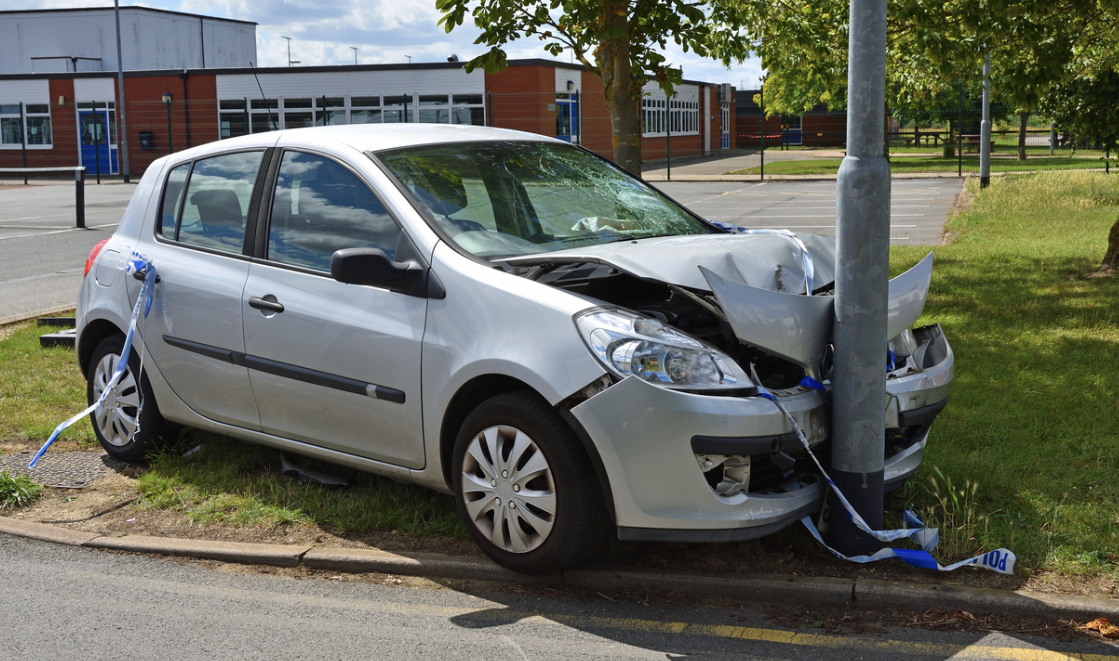What Happens If You Leave the Scene of a Car Accident in Texas?

Leaving the scene of a vehicle collision in Texas is considered a serious offense with legal consequences. Failing to remain at the scene can lead to criminal charges, including fines, license suspension, and even jail time. Drivers involved in an auto accident have a legal duty to stop, provide identification, and assist if necessary.
Such actions are required to ensure accountability and protect all parties involved. Ignoring these responsibilities not only harms potential victims but also complicates any future legal or insurance claims. Those injured or affected by an auto accident should seek advice from experienced car accident attorneys to understand their rights and options after a crash.
Legal Consequences of Leaving the Scene in Texas
Leaving after a vehicle incident in Texas brings serious repercussions that vary depending on the damage and injuries involved. The law outlines specific duties drivers must fulfill at the site, and failure to comply can lead to criminal and financial repercussions, including loss of driving privileges.
Felony and Misdemeanor Charges
Offenses for departing a crash site range from misdemeanors to felonies based on the circumstances. If the accident results in only property harm, the incident is generally classified as a misdemeanor, and penalties differ depending on the value of the damage. Damage exceeding $200 may increase the charge.
However, if an injury or fatality occurs, charges escalate to a third- or second-degree felony, with the harshest penalties applied if death results. This makes fleeing a serious crime, resembling the severity of intoxicated manslaughter charges under Texas law.
Potential Penalties and Fines
Penalties vary widely, from monetary sanctions to incarceration. For misdemeanors, fines can reach several thousand dollars, and driving privileges may be limited or suspended. Jail time is typically under one year for these offenses, but fines and fees may accumulate.
Felony convictions carry longer prison sentences, often ranging from two to twenty years, along with substantial fines. Courts may also impose probation terms and restitution obligations to injured parties. Additional consequences can include mandatory community service or participation in safety programs.
Obligations at the Accident Scene
Texas law demands that drivers involved in a collision must immediately stop their vehicle, assess the situation, and provide identification and contact details to other parties involved. If anyone is injured, they are required to offer reasonable assistance, such as calling emergency services or arranging medical help.
Drivers must also report the incident to local law enforcement when the crash involves injury, death, or significant property impairment. The timely preparation of a police report or submitting one afterward is necessary to comply with traffic codes and preserve evidence linked to the event.
Impact on Criminal and Civil Liability
Leaving the crash area can increase both criminal culpability and financial responsibility. From a criminal standpoint, the act of fleeing often leads to enhanced prosecution, harsher charges, and longer sentences. This behavior can be used as evidence of guilt or an attempt to evade accountability.
Civilly, the driver may face lawsuits for damages caused, particularly if the injured parties seek compensation for medical expenses, lost wages, or pain and suffering. Legal professionals knowledgeable in personal injury cases can illustrate how failure to stop worsens liability, resulting in more costly settlements or judgments.
Insurance and Compensation Issues
Leaving the scene of a car accident in Texas can seriously affect a person’s ability to receive financial recovery for damages and injuries. Insurance coverage might be reduced or denied, and pursuing payment after a hit and run presents specific challenges. Knowing the right actions to take is crucial to protect one’s rights and options.
Effect on Insurance Coverage
When a driver departs from an accident site without fulfilling legal duties, their insurance provider may limit or refuse to cover the damages. Most auto insurance policies require policyholders to report accidents promptly and cooperate fully during claims investigations.
Policies often include provisions that exclude coverage if the insured driver is involved in a hit and run or fails to notify the insurer timely. This can affect both property damage and bodily injury claims.
Drivers with uninsured motorist exclusion may face difficulties obtaining reimbursement since leaving the accident complicates establishing fault. Maintaining contact with the insurance company and providing all necessary documents, such as the other party’s insurance card and driver’s license when available, remains essential.
Pursuing Compensation After a Hit and Run
Securing compensation after a hit and run can be difficult because the responsible party is unidentified or unwilling to cooperate. Victims may need to rely on their own car insurance policies, especially if they carry uninsured motorist coverage.
In cases of injury or property damage, immediate documentation of the incident, including photos and witness statements, supports later claims. Police reports also play a key role in substantiating the case.
When injuries occur, victims might consider consulting a personal injury lawyer to evaluate their situation and identify possible avenues for recovery. A skilled attorney can assist with claims submissions, negotiate with insurers, and help with legal measures to protect the client’s interests.
Steps to Take If You’re Involved in a Hit and Run
If someone is involved in a hit and run, they should remain at the scene unless immediate medical assistance is necessary. Collecting crucial details like the other vehicle’s description, license plate, and any visible damage can assist authorities.
Reporting the accident to local law enforcement as soon as possible is mandatory under Texas law. This report supports future insurance and legal claims, helping to establish the incident’s facts.
Notifying one’s insurance provider promptly is equally important. Providing all gathered information and requesting guidance on claim procedures can prevent coverage issues.
Contacting a qualified attorney who has experience with vehicle accident cases in the United States can help handle insurance complications and explore compensation options. They can also advise on the availability of a rental vehicle and cover costs related to property damage or medical expenses.
Miss Clipping Out Stories to Save for Later?
Click the Purchase Story button below to order a print of this story. We will print it for you on matte photo paper to keep forever.

